Fitch Ratings has affirmed Wema Bank PLC's Long-Term Issuer Default Rating (IDR) at 'B-' with a Stable Outlook, Viability Rating (VR) at 'b-' and National Long-Term Rating at 'BBB(nga)'.
Fitch has withdrawn Wema's Support Rating and Support Rating Floor as they are no longer relevant to the agency's coverage following the publication of its updated Bank Rating Criteria on 12 November 2021. In line with the updated criteria, we have assigned Wema a Government Support Rating (GSR) of 'no support' (ns).
Key Rating Drivers
Wema's IDRs are driven by its standalone creditworthiness, as expressed by its VR. The VR reflects Wema's small franchise, high credit concentrations, aggressive loan and balance-sheet growth and funding weaknesses. It also reflects good asset quality and our expectation of a significant improvement in capitalisation and leverage, due to a material rights issue due to be concluded by end-2022.
Downside to Operating Conditions: Rising global risks will weaken domestic operating conditions. Inflation (17.7% in May 2022) is expected to remain stubbornly high posing downside risks to our real GDP growth forecasts of 3.1% in 2022 and 3.3% in 2023. However, downside risks are somewhat mitigated by strong oil prices, which should also underpin growth in non-oil sectors and banks' asset quality.
Small Franchise: Wema has a small franchise, representing 2% of banking system assets at end-2021, which affects its cost of funding, revenue generation and risk diversification. Its leading position in digital banking is producing results, delivering increasing customer numbers, transaction volumes and improved profitability.
High Credit Concentrations: Asset quality risks could stem from rapid loan growth in recent years and large credit concentrations. Wema's 20 largest loans formed 30% of gross loans or 251% of Fitch core capital (FCC) at end-2021. Oil and gas exposure accounted for only 13% of gross loans well below domestic-rated peers but equalled 107% of FCC at end-2021.
Improving Asset Quality: The impaired loans (Stage 3 loans under IFRS 9) ratio improved to 3.3% at end-1Q22 (end-2020: 5.2%) and specific loan loss allowance coverage was healthy at 77%. The size of restructured loans declined materially to 2.5% of gross loans at end-1Q22 from 35% at end-1H21 on the back of repayments and better business conditions. Stage 2 loans were only 3.8% of gross loans at end-1Q22, well below domestic-rated peers, reflecting lower exposure to the oil and gas sector.
Improving Profitability: Operating returns on risk-weighted assets (RWA) recovered strongly in 2021 to 3.5% from 1.7% in 2020 supported by higher revenues and lower loan impairment charges (LICs), with net income well above pre-pandemic levels. We expect operating returns on RWAs to continue improving to 4% in 2023 on the back of higher revenues, supported by asset growth and higher rates.
Rights Issue Will Improve Leverage: The expected rights issue will have a material positive impact on the tangible leverage ratio (end-1Q22: 4.4%). Wema concluded a reverse stock split in 1Q22 and management expects to receive final regulatory approval by end-July to proceed with the NGN40 billion rights issue (10% of total RWA at end-1Q22). Wema's total capital adequacy ratio (13.4% at end-1Q22) is comfortably above the 10% minimum regulatory requirement.
Structurally Weak Funding: The funding base is weakened by a high reliance on expensive term deposits (49% of customer deposits at end-2021). The gross loans/customer deposits ratio is a very low at 45%. Liquidity coverage in both local and foreign currencies is adequate.
Rating Sensitivities
Factors that could, individually or collectively, lead to negative rating action/downgrade:
The ratings could be downgraded if the right issue does not materialise, especially if asset growth remains strong, leading to tight capital buffers over the minimum regulatory requirement and a FCC ratio of below 10%.
Factors that could, individually or collectively, lead to positive rating action/upgrade:
Upside to the ratings is unlikely at present unless the bank's franchise, capitalisation and funding and liquidity profile materially strengthen.
No Support: Sovereign support to commercial banks cannot be relied on given Nigeria's weak ability to provide support, particularly in foreign currency. The GSR is therefore 'ns', reflecting our view that senior creditors cannot rely on receiving full and timely extraordinary support.
An upgrade of Wema's GSR is unlikely as it would require a material improvement in Nigeria's financial flexibility.
Best/Worst Case Rating Scenario
International scale credit ratings of Financial Institutions and Covered Bond issuers have a best-case rating upgrade scenario (defined as the 99th percentile of rating transitions, measured in a positive direction) of three notches over a three-year rating horizon; and a worst-case rating downgrade scenario (defined as the 99th percentile of rating transitions, measured in a negative direction) of four notches over three years. The complete span of best- and worst-case scenario credit ratings for all rating categories ranges from 'AAA' to 'D'. Best- and worst-case scenario credit ratings are based on historical performance.
ESG Considerations
Unless otherwise disclosed in this section, the highest level of ESG credit relevance is a score of '3'. This means ESG issues are credit-neutral or have only a minimal credit impact on the entity, either due to their nature or the way in which they are being managed by the entity.
 Lagos, NG • GMT +1
Lagos, NG • GMT +1











 274 views
274 views


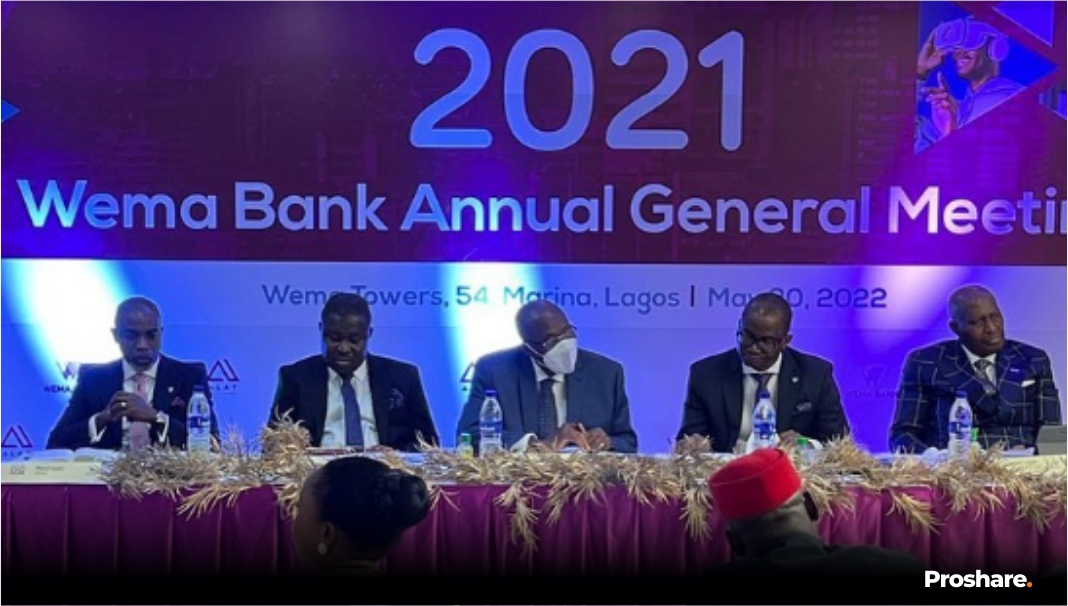
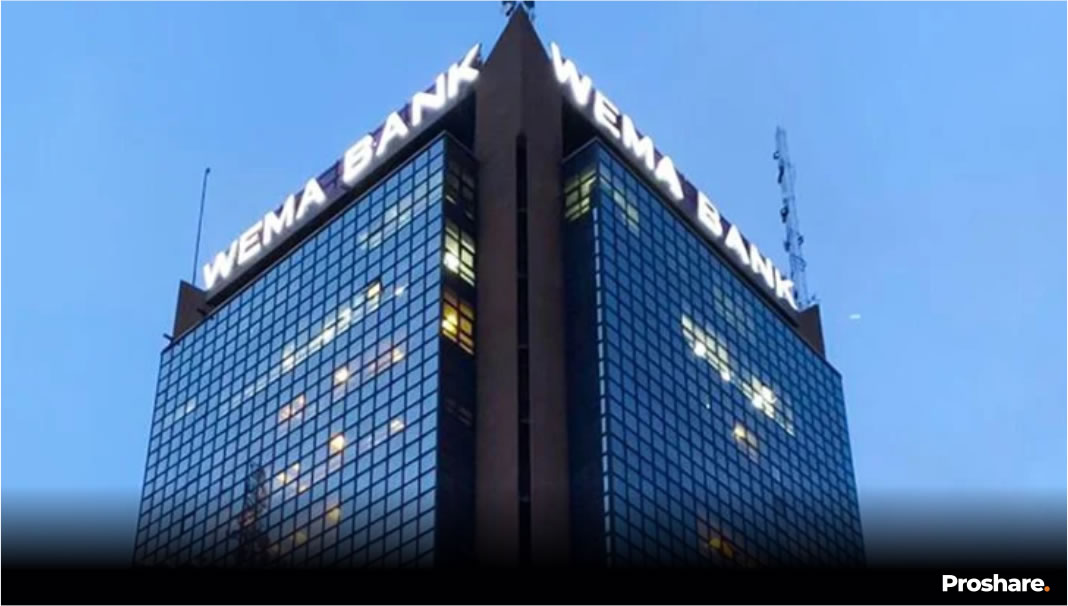

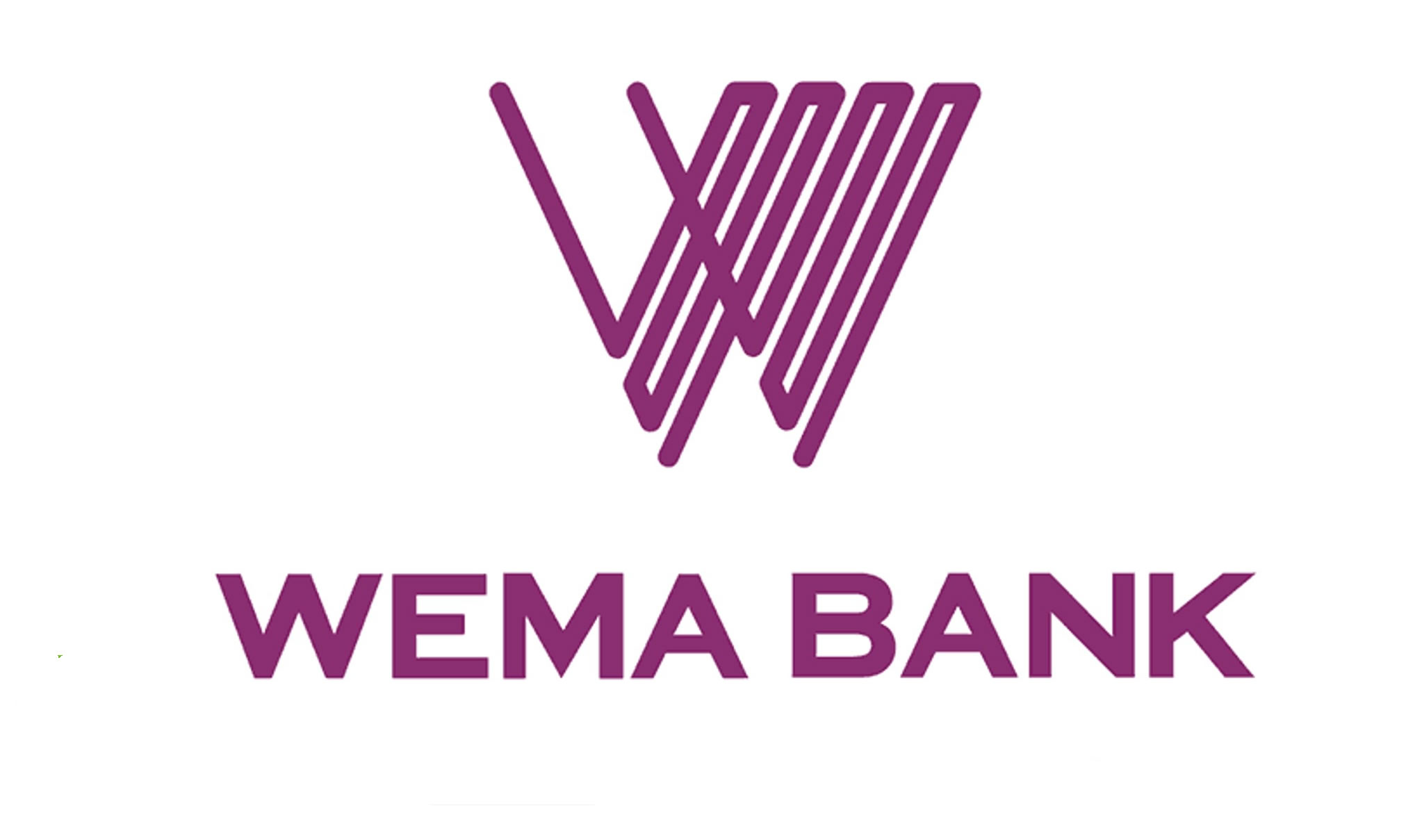
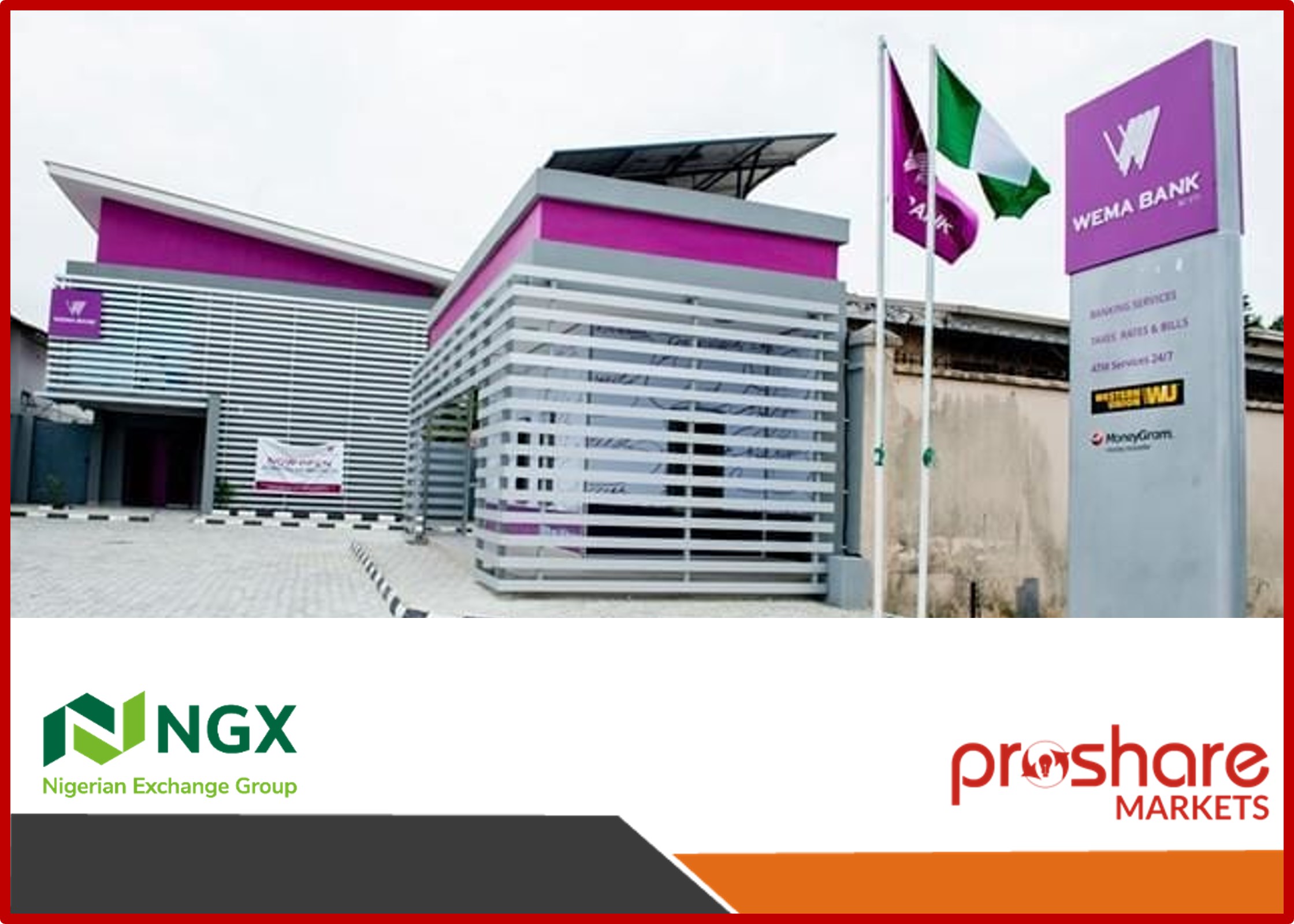

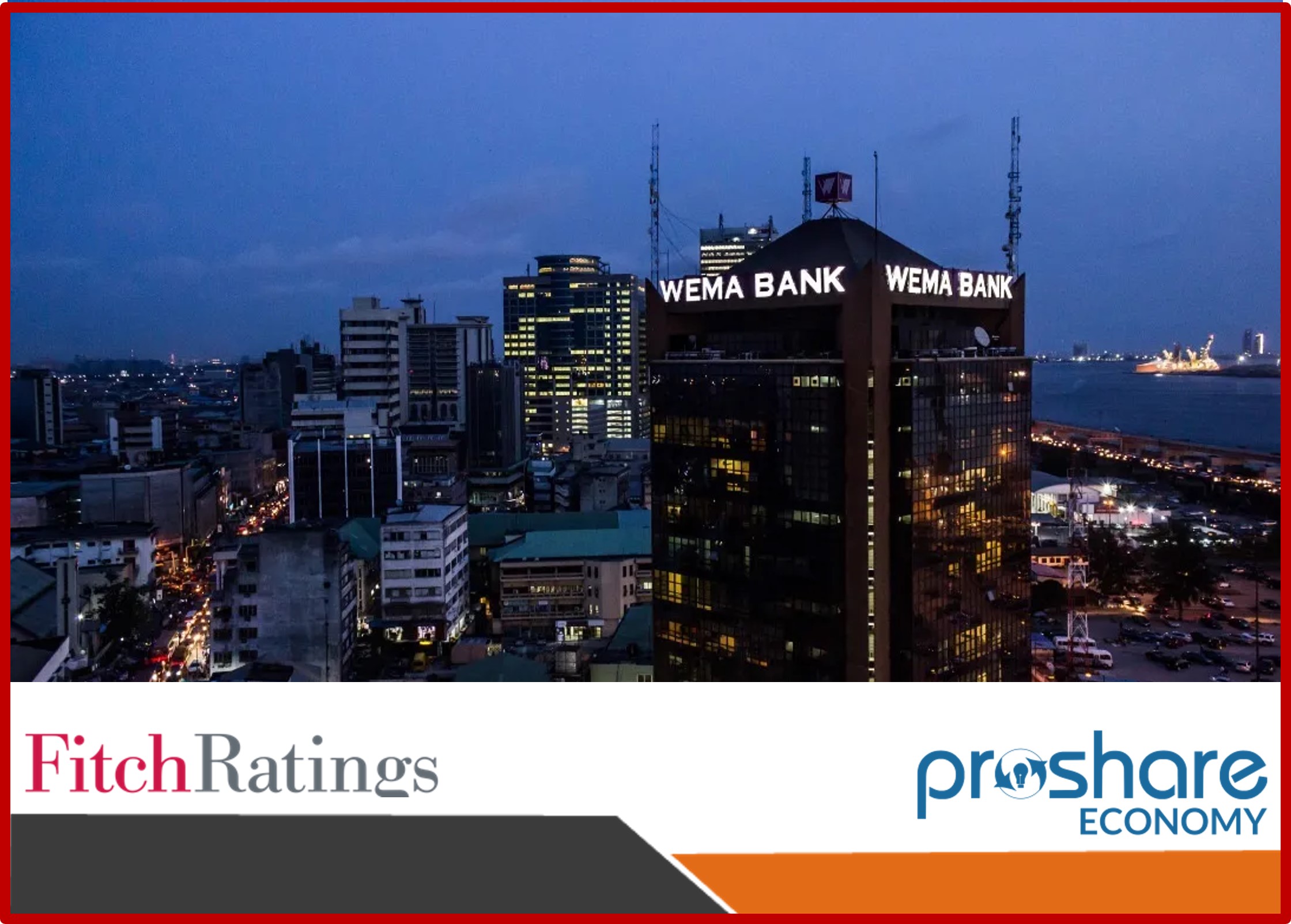





 Sponsored Ad
Sponsored Ad
 Advertise with Us
Advertise with Us









